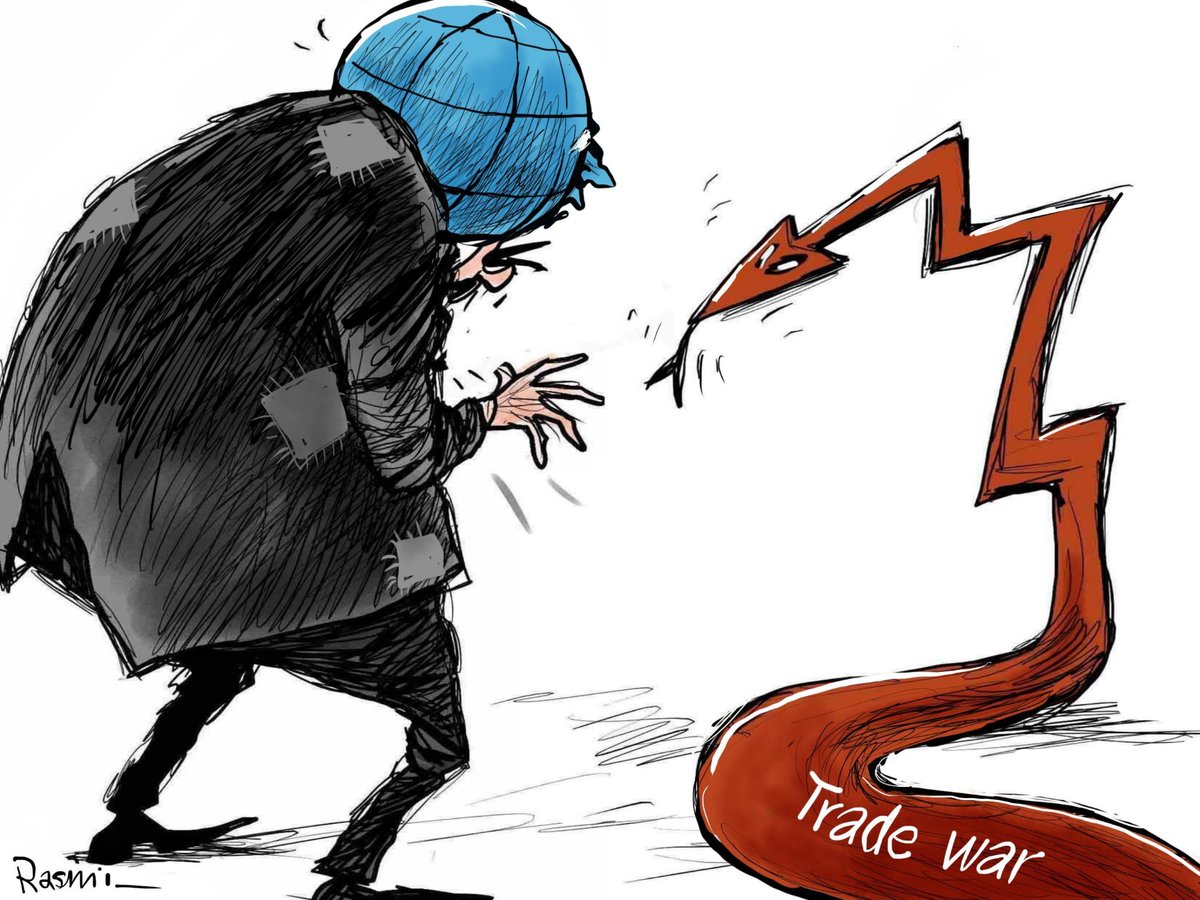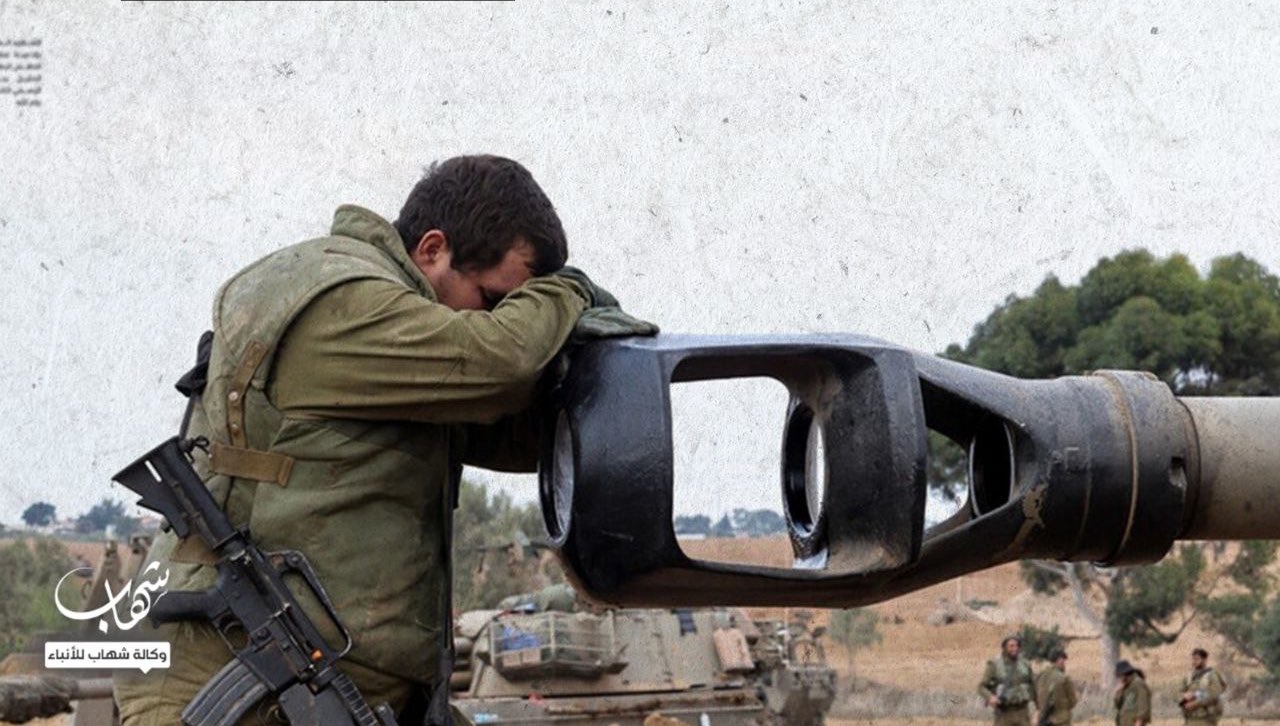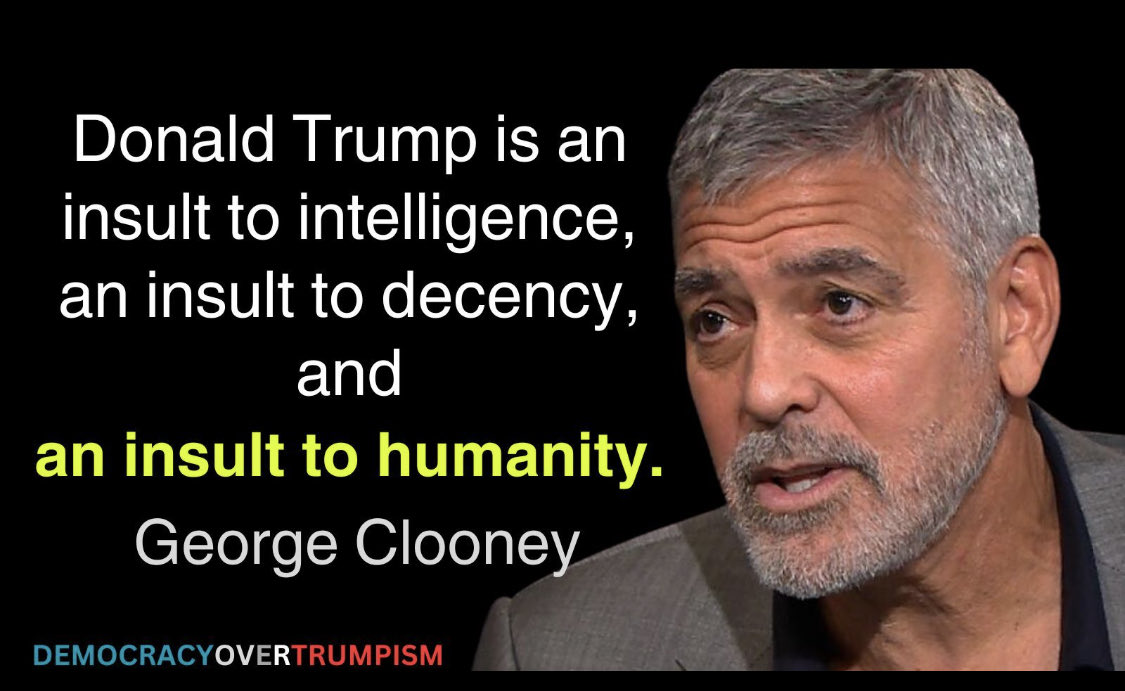
Dr. Muhammad Turki Bani Salama
In light of the ongoing brutal Israeli aggression on Palestine, Lebanon, Syria and Yemen, the Arab and Islamic media arenas are crowded with official statements of condemnation and denunciation yet the situation remains the same. These expressions of concern and repeated warnings have become, in essence, part of a farcical and repetitive political play that does not provide any tangible support or actual assistance to the afflicted peoples. Rather they are empty words to alleviate popular pressures without any actual intention to take effective steps on the ground.
It is ironic these Arab and Islamic countries do not miss an opportunity to declare their support for Palestine and Lebanon in international forums. They are content with a monotonous diplomatic theatrical performance of statements of condemnation and warning without taking any real steps on the ground.
This is despite the number of dead, wounded and displaced who are increasing daily. These countries, especially the ones who normalized with Israel, are not even bothering to sever relations with Jewish state, or even think of imposing any significant economic sanctions on the entity.
On the contrary, some of these countries have increased the volume of trade and economic exchange with Israel since the outbreak of the Al-Aqsa Flood battle since last October, as if they fear upsetting their new trading partner, while continue to present themselves to the world as protectors of Arab, Islamic and humanitarian principles and values.
This blatant contradiction between political rhetoric and action on the ground cannot but arouse the astonishment of the Arab and Islamic peoples. How can these countries claim to adhere to the values of Arabism, Islam and humanity, while they turn a blind eye to Israeli violations against the Arab populations of Palestine, Lebanon, Syria and Yemen?
How can this support and these hollow words be considered real solidarity? The Arab peoples are asking: Where are the actions that reflect these resonant statements on the ground?
What is even more bizarre in this absurd scene is that even the drug dealers in the Maghreb have taken a more serious stance than those countries. By their decision to stop drug smuggling to Israel, they have demonstrated a greater understanding of effective action than many of the nation’s leaders.
Those who operate in an illegal field have taken a stance that shows that real action can be more effective than any diplomatic statements at Arab summits. If only Arab leaders would learn a lesson from the drug dealers on how to provide support, relief to the distressed and rescue the oppressed.
As for banking on international law and the international community to stop the Israeli aggression, it is a losing bet by all standards. Israel is fully supported by the West, led by the Zionist United States, the head of the snake, and which no longer hides its explicit loyalty to the Zionist project.
While Washington sings the praises of human rights on every occasion, it adopts double-standard policies, turns a blind eye to the flagrant violations of Arab rights, and supplies Israel on daily basis the latest lethal weapons to continue its aggression against the Arab people without deterrence.
Relying on the Security Council or the United Nations for justice and/or stop the aggression is just an illusion and a mirage, closer to waiting for the impossible, because these institutions have proven time and again, they are unable to take any serious position when it comes to Israel.
So the fundamental question here is: Will the Arabs continue to play the role of spectators or will they decide to take serious positions to protect themselves and their interests first before thinking about protecting the rights of the peoples of Palestine and Lebanon?
And can the Arabs ever go beyond mere statements and take actual steps that restore balance in the face of Israeli arrogance? Or have the Arabs left history, geography and the entire political equation, and no benefit can be expected of them?
Only the coming days will reveal the answer but what is for certain now is Arab peoples can no longer tolerate more empty promises and hollow statements. They are waiting for real action that embody a strong political will capable of bringing about change.
In the end, the aggression continues, and with it the official Arab and international silence remains, at a time when the suffering of the Arab peoples in Palestine, Lebanon, Syria, Yemen and elsewhere increases. These people have no choice but to resist, without expecting someone to appear in this lunatic world to take bold positions and truly stand for justice and humanity, in the face of the Zionist-American barbarism, brutal aggression and ongoing injustice.
The author is a Jordanian academic and a full professor who contributed this opinion in Arabic to Raialyoum.com







